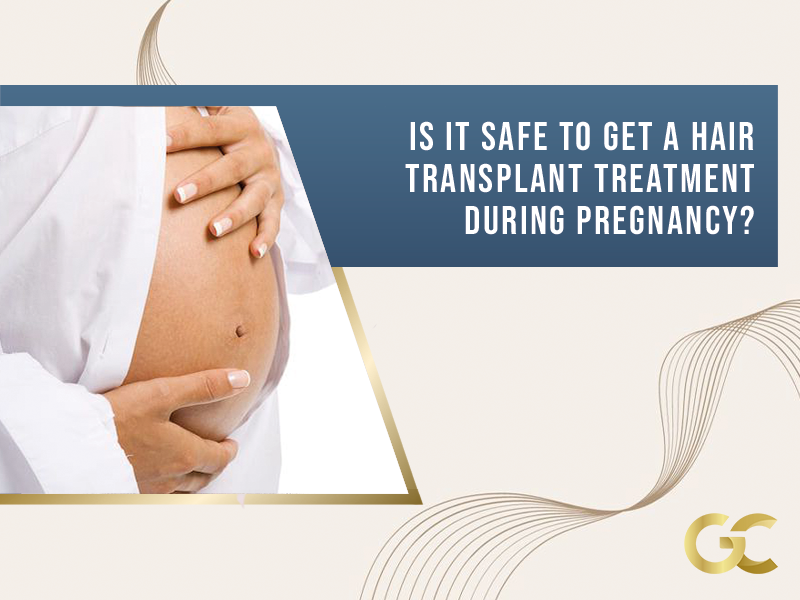Pregnancy introduces a myriad of changes into the mother’s body. Some will certainly contribute to the child’s birth and caring, and others not so much. As a consequence of certain changes within the body triggered by pregnancy, women can lose hair in notable quantities.
Hair loss is really nothing new. People shed about 100 to 150 hair any given day; it is part of the hair growth cycle. The shed hair is later renewed. But an increase in the rate loss during pregnancy sets off an alarm in most women. Therefore, it is necessary to understand why it happens.
The hair loss during pregnancy can be so much that some women start to wonder if it is safe to get a hair transplant treatment during pregnancy. The answer is a bit more nuanced than a straight yes or no.
Hair Loss during Pregnancy
The hair grows in a cyclical manner, and the process is always ongoing. There are three phases:
- Anagen, in which the hair receives nourishment from the blood supply before finally sprouting out.
- Catagen, when the hair detaches itself from the blood supply as it is fully grown now.
- And, finally, telogen, where the hair enters a “resting period” and awaits for new hair to sprout out and replace it.
It’s important to know this to understand pregnancy-related hair loss.
During pregnancy, women’s bodies get a flood of oestrogen and progesterone, two hormones associated with pregnancy. This causes a lot of changes for them: rounder hips, fuller breasts, etc. But one of the less desired ones is hair loss.
The sudden rise of hormones upsets the natural balance that is normally found within the body, and this has consequences later on. During the pregnancy, your hair enters a prolonged telogen phase, resting while awaiting replacement. But due to elevated oestrogen, the replacement won’t come until after the delivery.
After childbirth, you will start to see them. Once the baby is born, hormonal levels will readjust to normalcy, which means another sudden change for the hair. The hair that was in a prolonged resting phase will now fall to make room for a new one, starting the cycle again. Thus, sudden hair loss happens.
Women can see their hair falling all at once or in clumps for three to four months after childbirth. Doctors refer to this specifically as hair shedding, rather than hair loss, because it is temporary. As stated, the hair falls to make room for new ones, thus, making a hair transplant treatment during pregnancy unnecessary in most cases. Just wait it out, and it’ll be fine.
Hair Transplant Treatment during Pregnancy
To be clear, the hair transplant treatment during pregnancy is, in fact, completely possible to perform, just not required in most cases.
However, women that suffer from female pattern baldness might need otherwise. The hair shed from childbirth effectively accelerates the hair loss from baldness, which will not grow back. For these cases, a hair transplant treatment can restore hair to the balding site.
Most surgeons will advise that get the hair transplant treatment not during the pregnancy but after it, enabling them to tell definitively if the hair will grow back or not.

